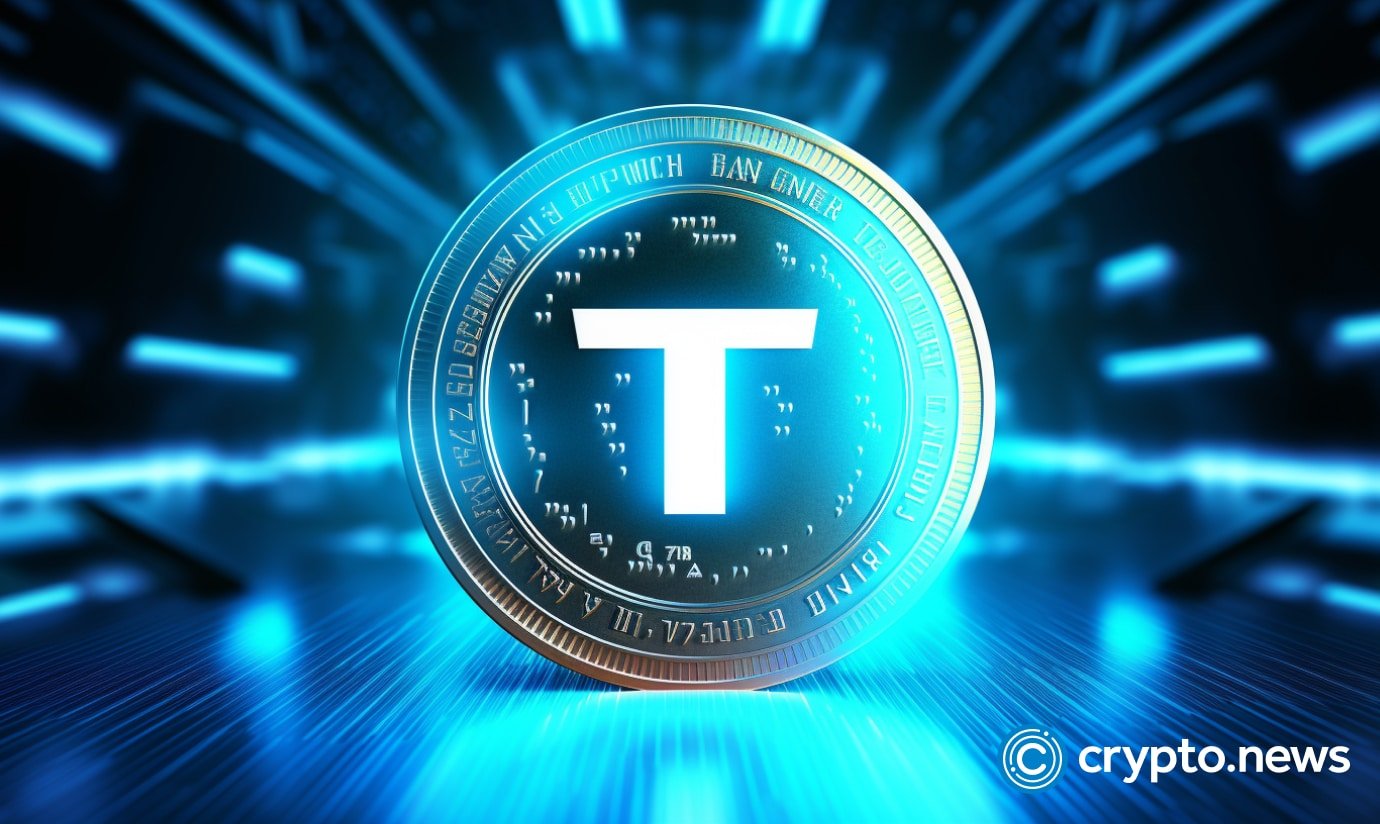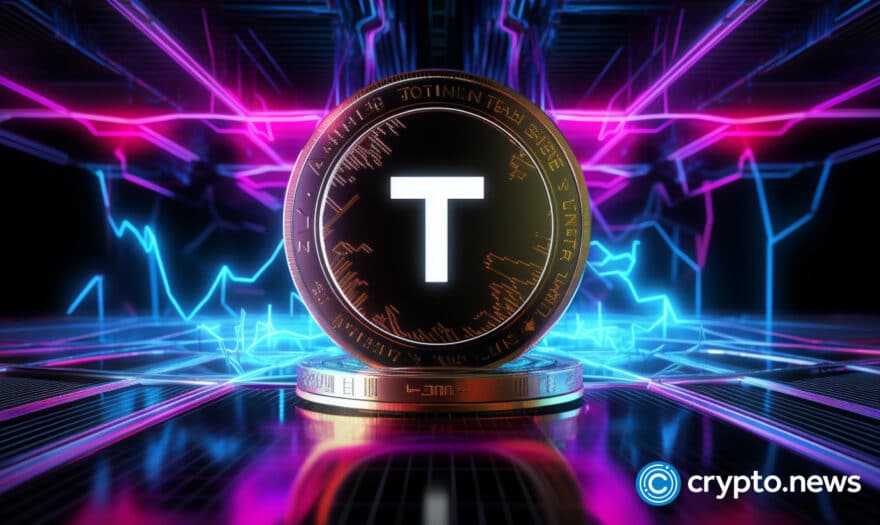Tether downplays US focus as stablecoin legislation remains unclear

Despite progress on Capitol Hill, Tether says the U.S. remains a low priority amid unclear stablecoin rules.
Stablecoin issuer Tether (USDT) says its main focus will remain outside the United States, even as U.S. lawmakers make progress on new rules for stablecoins.
Paolo Ardoino, CEO of Tether, told Bloomberg in an interview that it was important for the company to see “how the Genius Act is distinguishing between foreign issuers and domestic issuers,” adding that Tether’s main interest would remain “outside of the U.S.”
“We are looking at the Genius Act in a way that will allow us to be compliant. We can be compliant while still having a strong focus on foreign markets.”
Paolo Ardoino
On Monday, May 19, the Genius Act, a Senate bill backed by the crypto industry, advanced in Congress. The House Financial Services Committee has approved its own version of a stablecoin bill, though it has yet to reach a full vote.
Stablecoin bills in both chambers would require issuers to fully back tokens with cash or safe assets like short-term U.S. Treasuries. The rules would also place stablecoin firms under anti-money-laundering regulations and the Bank Secrecy Act.
Ardoino noted that while stablecoins are important in the United States, the country already has many payment options such as Zelle, PayPal, debit cards, credit cards, and cash.
While Tether has faced past scrutiny in the U.S. and settled with regulators in 2021, the firm’s reserves are now managed by Cantor Fitzgerald, a financial services firm formerly led by Howard Lutnick, who recently transferred ownership to his children and outside investors as he joined the White House.















